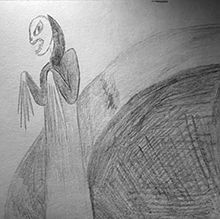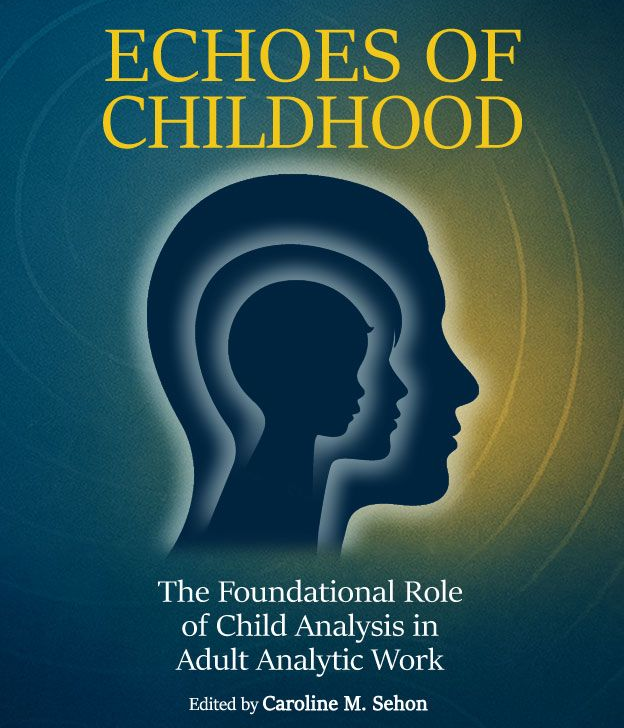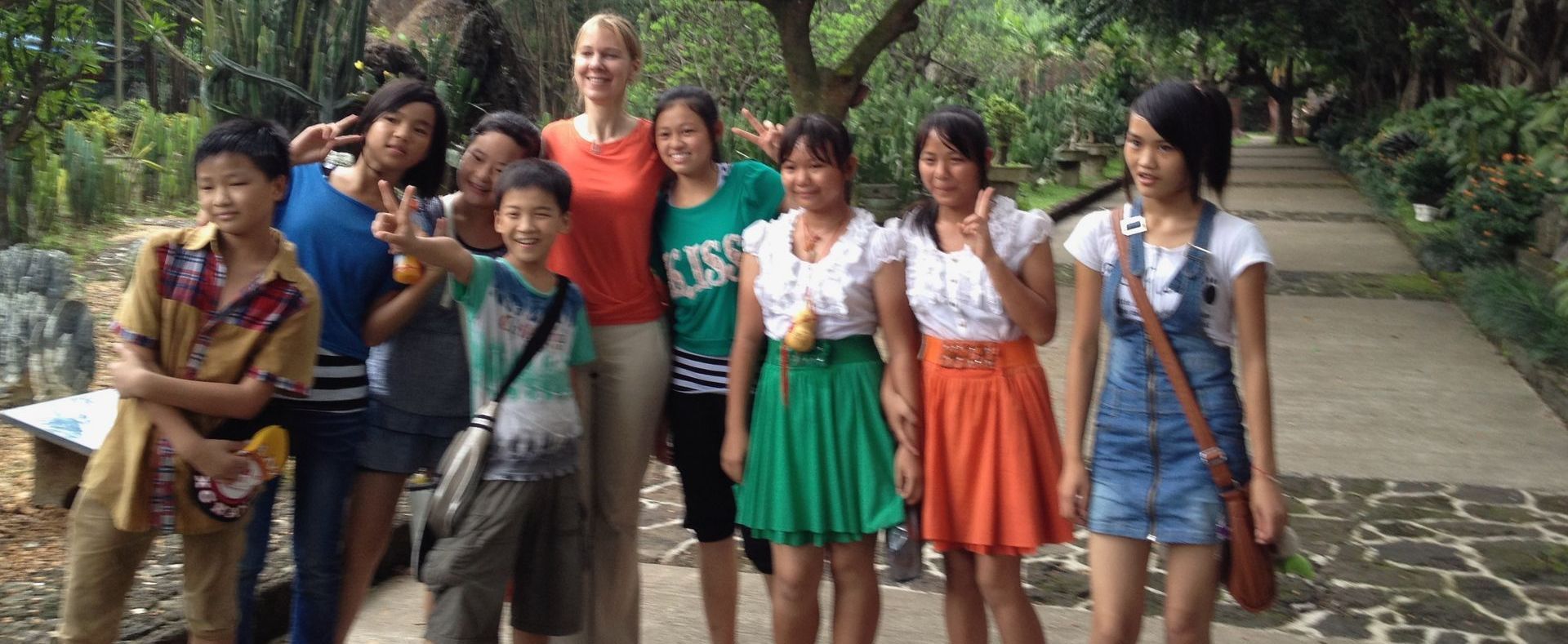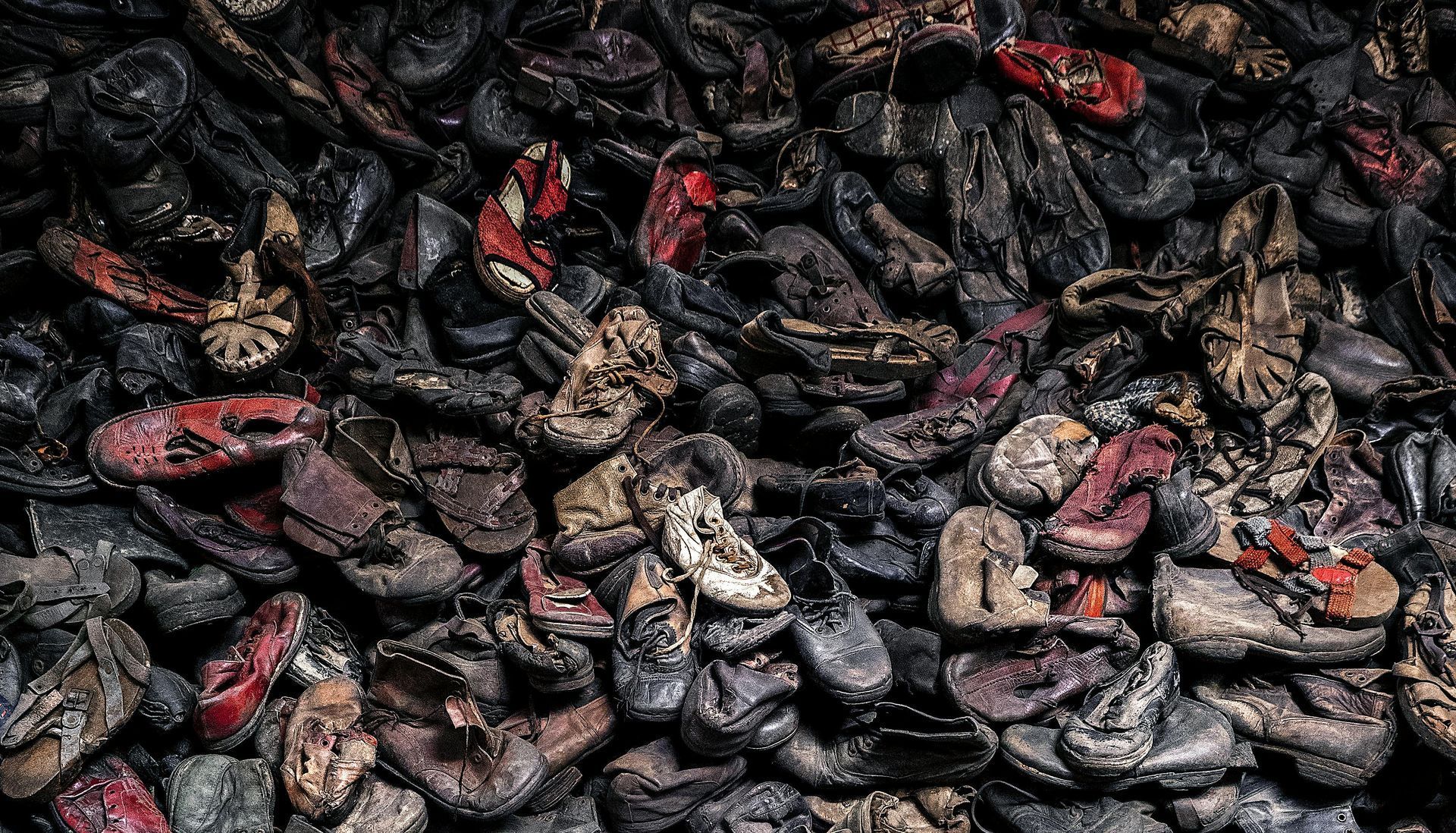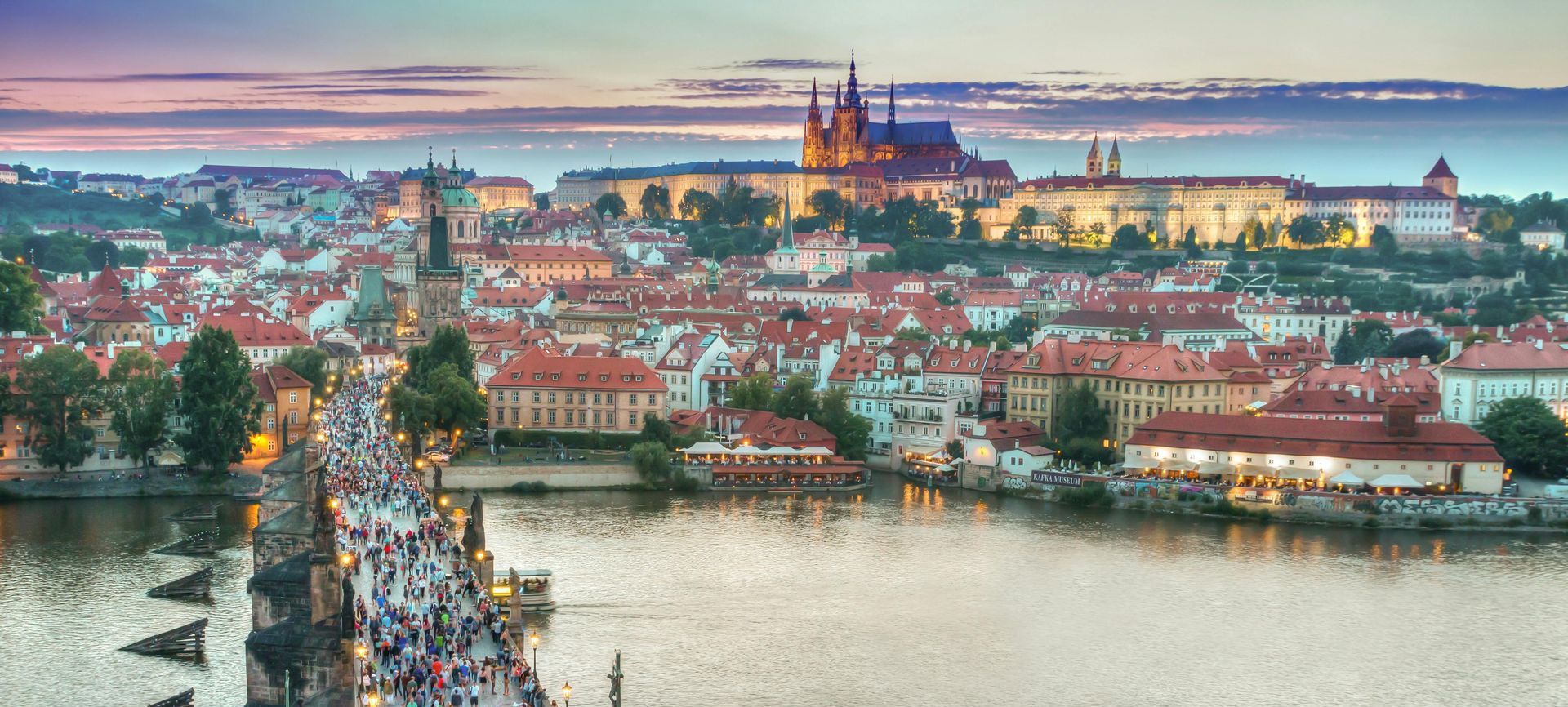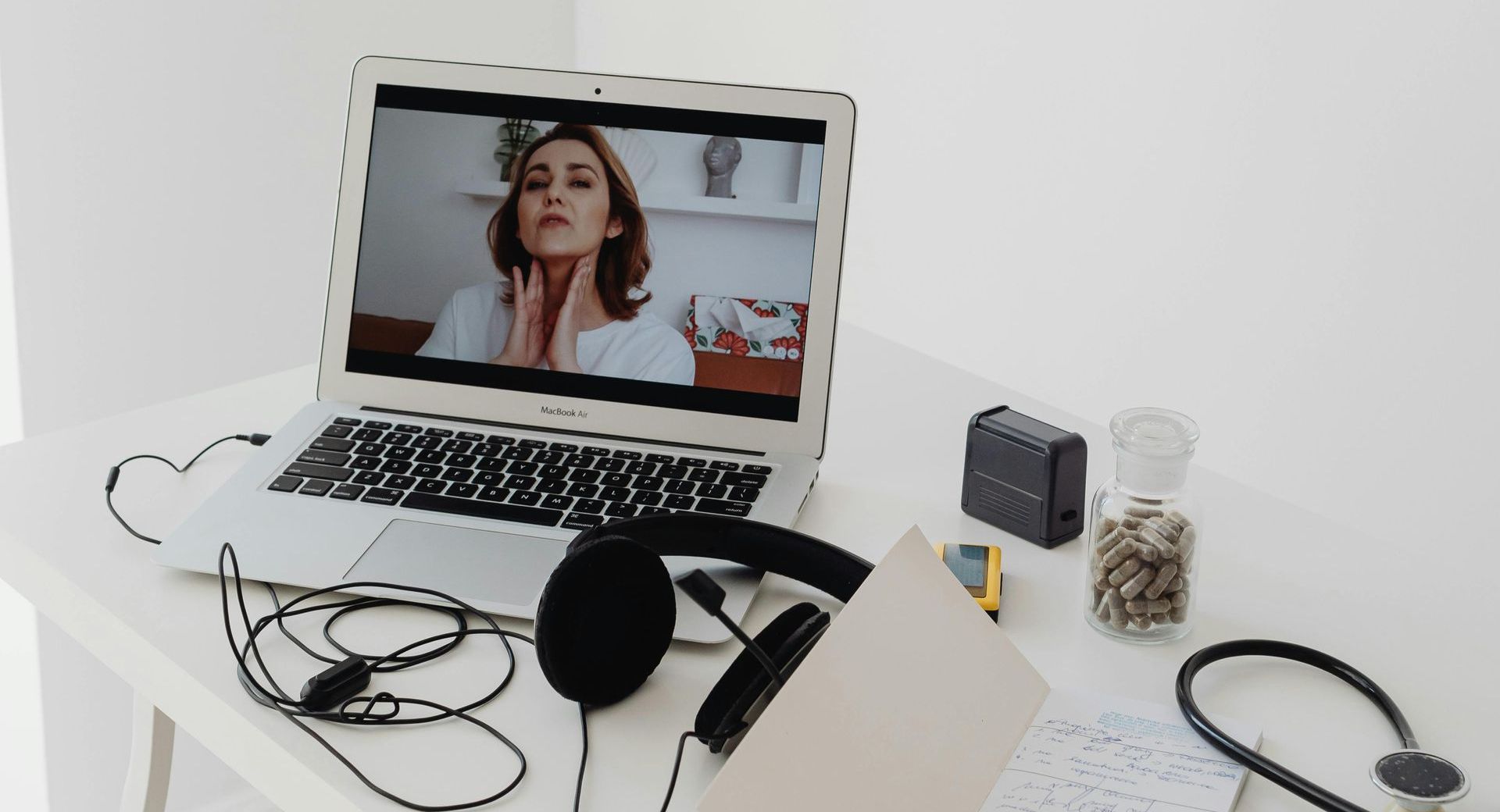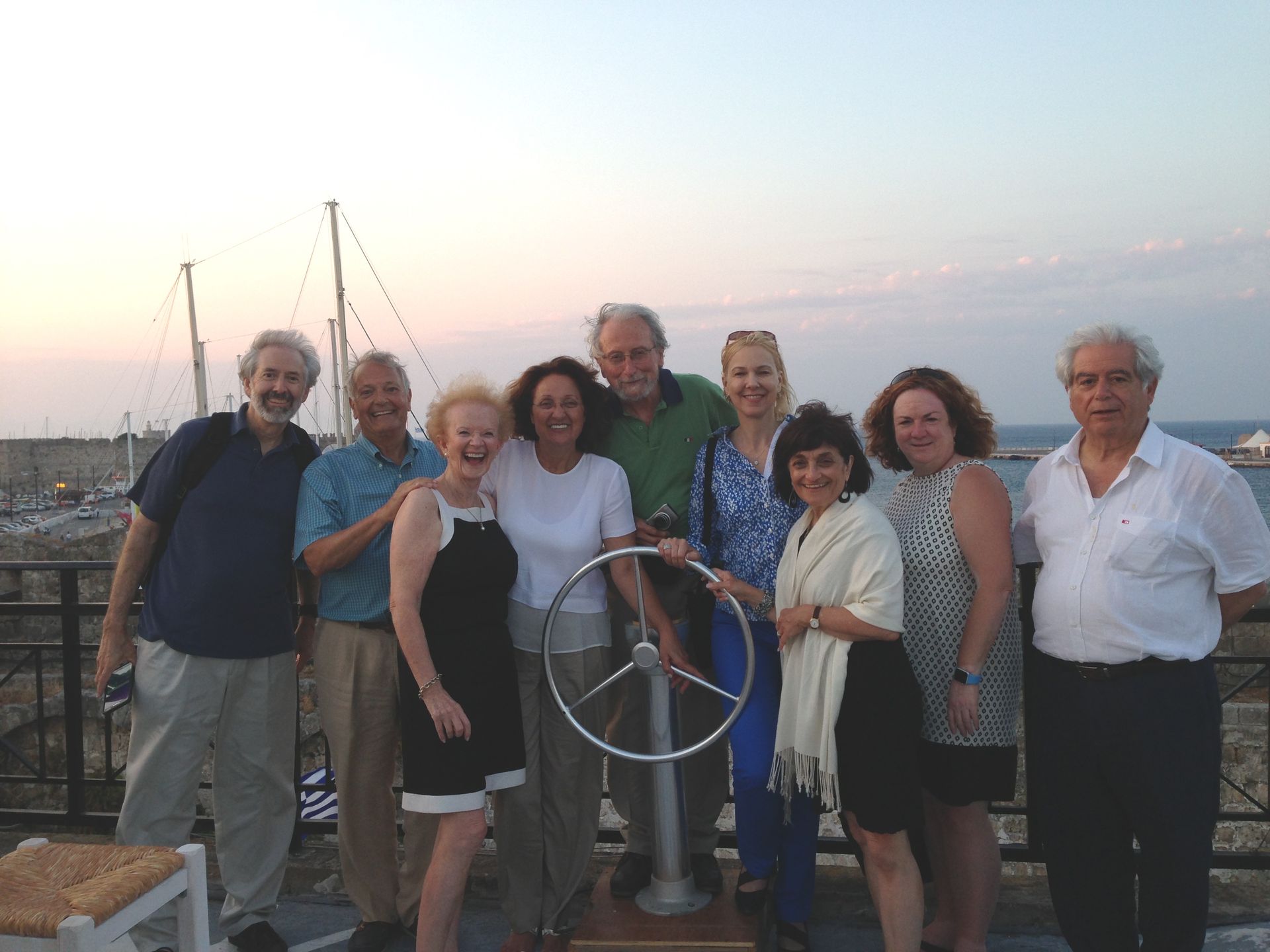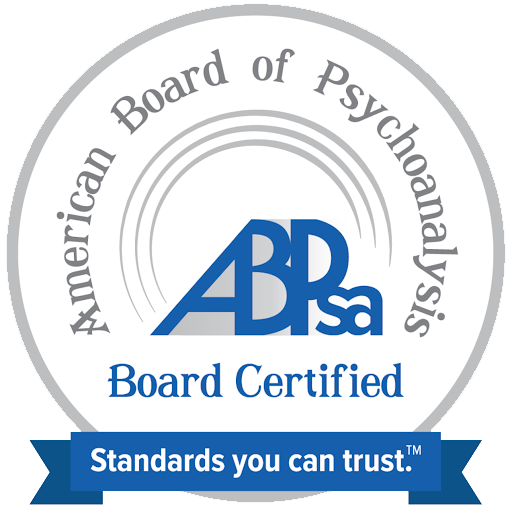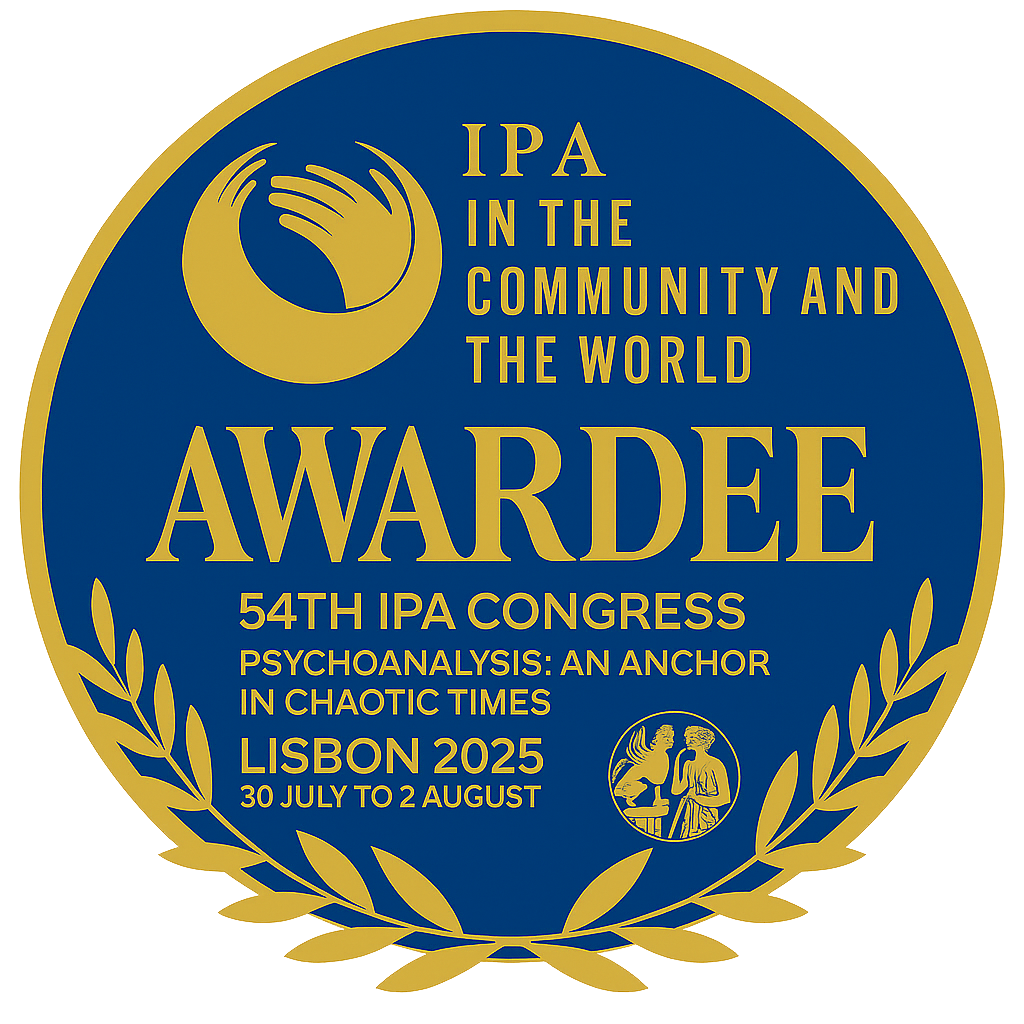Several organizing threads emerged in the conversations. Ukrainian and Russian therapists and analysts felt confused and scared about—and mournful over—whether they would ever resume their analytic practice as they knew it. Participants felt pressured to live in a world of propaganda, for example, that Russia is saving Ukrainians from a Nazi government. Analysts felt challenged to remain neutral when their patients debated leaving Russia. An analyst described a patient, a single mother whose daughter feared being orphaned if her mother were arrested for protesting. One therapist joined the Town Hall from a street corner in Prague while protesting. I felt concern for her safety yet admired her courage and commitment to thinking analytically even in the heat of protesting. As some participants raged against Putin, others questioned whether there may be comfort at localizing the violence outside of the group. One Russian participant then coined the term “little Putin” to represent the internal aggressor. Consequently, we explored the “little Putin” in each of us and the need to be alert to the latent aggression within the group. The atmosphere in the group is frequently subject to analytic study, including the various meanings that may account for the deafening silences sometimes overtaking the conversation. One participant wondered if our weighted pauses shielded us from our hearing more horrors; another viewed silences as means to avoid saying hurtful things to each other.
One day, the group witnessed a reunion between two long-lost friends. One Russian participant described how she had feared that a close friend had died in Ukraine. Eager to extend support to her, she had emailed the Town Hall flier to her but heard nothing back. Suddenly, she thought she saw her friend in the Town Hall. Unmuting, she descended into tears but could not speak. Gradually, she gathered herself to say that she had just seen her friend who “appeared one moment but disappeared almost immediately” (due to a poor internet connection as we learned later). As she was speaking, her friend re-appeared and told of her frightening escape from Ukraine to France with her husband and young child. The long-lost friends were now reunited online, easing the horrific fantasies of the Russian participant that her dear friend was dead. Both participants’ Zoom tiles lit up as they exclaimed poignant emotions of relief at being alive together in the same online space; the group joined in their celebration. This situation captured the struggle to retain hope in the presence of so much uncertainty and fear.
Encountering Zoombombers
During the 11th session, we were suddenly Zoombombed by pro-Putin, Nazi-supporting intruders. They screamed profanities and attacked Jeff Taxman, chair of APsaA's Community Psychoanalysis Section, and me by name. I wondered how long they had eavesdropped on our conversation. They screenshared a video of a Russian pilot maneuvering his plane's exhaust fumes in the shape of a penis over Ukrainian skies. They copied my email address onto their Zoom tile to pretend to be me, creating more chaos and confusion. I was unable to remove them from Zoom, as they were multiple users, so I ended the meeting. This experience gave all of us a very palpable, personal sense of what is transpiring in Ukraine. Fortunately, Dr. Taxman recommended we offer crisis intervention to those for whom we had contact information using my own personal Zoom account.
The timing of the Zoombombing coincided with the Russian government's increased sanctions against citizens who participated in dissenting activities. There was a gradual attrition from the group. Over weeks we went from an average of 80 to between 25 and 30 participants. The group attributed this primarily to the Zoombombing, ever fearful of a recurrence. One group member who was devastated by the Zoombombing absented himself; upon returning, he felt disoriented—”on the edge of an abyss of nothingness.” By June 2022, as the conflict seems to be settling into a long battle, the group is restructuring into a yet-to-be defined form that continues to analytically transform the horrors—as we try to make sense of the senseless.
Bridging West and East
Over recent days, I decided to share with the group an aspect of my own heritage: my paternal great-grandparents were Russian Jews residing in Odessa, which is now part of Ukraine but was then part of the Soviet Union. I described my sense of kinship with the participants on both sides of the war and my empathy for their traumatic plight in resonance with what I understood about my father's wartime traumas. One participant from Russia exclaimed, “You are a bridge. You are from the West and East.” Upon hearing my link to Odessa, another member from Poland, who previously felt inhibited to speak, suddenly smiled from ear to ear and reminisced about her annual trips to Odessa, all while five military jets audibly flew overhead as she walked outside. Yet another participant was suddenly jarred by the realization that no longer could she visit the Odessa seaside resort that had been a source of childhood delight. She was hit by the possibility of never returning to Odessa except in her mind. I employed the metaphor of a phantom limb syndrome to convey the sense of anguishing psychic pain amid the unbidden amputation of a part of her life history.
Conclusion: Offering a lifeline
A Russian therapist shared, “This war has destroyed my feeling of safety … With the amount and speed of change, the only thing to do is to record it. It's so hard to process … It is important to have the opportunity to have such spaces to express our thoughts.” An American participant explained, “War is designed to make us feel disconnected. We are supportive of each other as a human race, as we unite despite our geopolitical borders that separate us … My heart goes out to all of you. Do focus on the strength each of you have, and on your courage and determination to speak out and survive.”
Town Halls provide a lifeline to keep our thinking alive, our hearts connected, and our humanity flourishing. Such groups serve to mitigate the trauma taking on an underground life within. We hope participants can continue to support each other on the humanitarian online “corridor,” to inspire courage, and to fortify the thinking of those most bereft. This psychoanalytic intervention provides holding and containment during and after the atrocities of war. I am grateful to all participants who have created this meaningful experience. Like the Ukrainian cellist who continued playing music amid destruction of surrounding buildings, the Town Halls continue to create a psychoanalytic version of music, as we tune our therapeutic instruments to make sense of heartbreaking atrocities.
Caroline M. Sehon, M.D., FABP, is director and supervising child and adult psychoanalyst at the International Psychotherapy Institute (IPI); Clinical Professor of Psychiatry at Georgetown University School of Medicine; and an Executive Committee Board Member of APsaA.
Image of artwork “The Incessant Nightmare,” by anonymous group participant. Courtesy of the artist.
